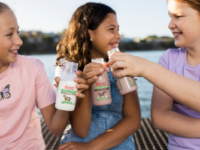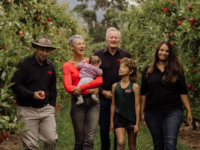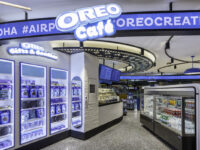
The Marine Stewardship Council (MSC) has found that
30 per cent of seafood sold in international market are incorrectly labelled.
Anne Gabriel, Oceania program director for the Marine Stewardship Council, said that a significant proportion of the consumer seafood market is affected by substitution and fraud.
This “highlights the complexity of global food supply chains, which are inadequately regulated, and the challenges in monitoring every step. Substitution and fraud risk the sustainability of our global fishery resources, business reputation and consumer trust,” Gabriel said in a statement on the findings on Wednesday.
“Competition for low prices has motivated some food manufacturers to take shortcuts and make cheap substitutions. Scientific investigations have repeatedly revealed higher rates of mislabelling among premium products, such as wild-caught king salmon, in order to boost profits,” explained Gabriel on what causes seafood mislabelling.
“Often, seafood is unintentionally mixed with different species at various points along the supply chain. This could be the result of poor systems or simply a lack of knowledge on the need for maintaining a traceable supply chain and to meet gaps in supply.”
Gabriel added that the implications is alarming and is wide ranging. Mislabelling can incentivise illegal, unreported and unregulated fishing. This has cost the global fishing industry up to $33.8 billion a year.
“This poses a significant risk to marine ecosystems, as it diminishes management efforts and can result in high levels of bycatch and abandoned ‘ghost nets’ damaging marine habitats,” she added.
Moreover, the illegal trade of vulnerable or endangered species can go undetected. Wrong labels also deceives consumers thus resulting to consumers eating fish with health warnings. Lastly, consumers may purchase less sustainable seafood options.
“To be certain that a seafood product label is correct, we need to improve traceability back to the source – and through all stages of food production, processing and distribution. This is integral to ensuring oceans are teeming with life and seafood supplies are safeguarded for future generations,” Gabriel added.
Gabriel will be speaking at the upcoming Asia Pacific Food Safety Conference in Sydney.
















